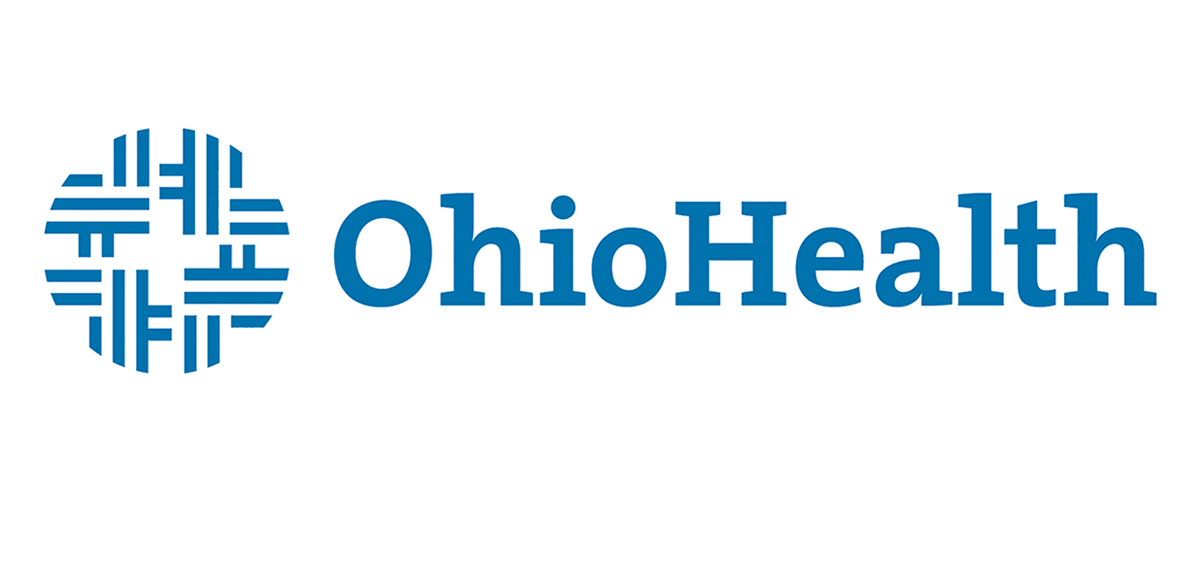News

OhioHealth Implements Visitor Restrictions, Requests Public Help to Fight Coronavirus Spread
By: WOUB News TeamBy: Aaron Payne
Posted on:
ATHENS, Ohio (WOUB) — OhioHealth, which owns Athens’ O’Bleness and 27 other hospitals in Ohio, has implemented visitor restrictions at all of its locations as a precaution to the coronavirus (COVID-19) pandemic.
The health system released the following visitor guidelines:
- Visitors must be 18 years or older
- Patients will be limited to one visitor at a time, up to two visitors per day, in most areas of the hospital
- Maternity patients will be limited to one support person during entire length of stay
- In-person Behavioral Health visits will no longer be permitted
- Visiting hours are 8 a.m. to 9 p.m. Overnight visits prohibited
- Limited visitation exceptions for end-of-life patients and for those with disabilities who need assistance
Visitors to all OhioHealth hospitals, outpatient care centers and physician offices will be screened and prohibited from entering if any of the following applies:
- Flu-like symptoms
- Fever within the past 24 hours
- Cough or shortness of breath within the past 14 days
- Contact with a confirmed COVID-19 patient within the past 14 days
- International travel within the past 14 days
OhioHealth Medical Director of Infectious Disease Dr. Joseph Gastaldo said the precautions are necessary to prevent high-risk patients from contracting coronavirus.
“There’s a significant amount of patients in adult hospitals who are in that vulnerable population, 60 and above, with COVID-19,” he said.
People who are at higher risk of getting very sick from this illness also include those with a chronic medical condition, like heart disease, diabetes and lung disease, according to the Centers for Disease Control and Prevention.
Officials from OhioHealth also encourage the public to call their primary care physicians or the state’s coronavirus hotline instead of calling a hospital’s emergency department.
“You’re taking away a healthcare provider, a doctor, a nurse, to answer those questions that come up, when they really need to be there focusing on the people that are presenting [severe symptoms] in the emergency department,” Gastaldo said.
Dr. Amy Acton with the Ohio Department of Health has encouraged social distancing to “flatten the curve” of the pandemic. The hope is that fewer people will become severely ill from COVID-19 and not overwhelm health systems around the country.
Gastaldo said about 80 percent of those who get COVID-19 will have mild symptoms that they can easily recover from at home. And if these people stay calm and stay out of the emergency room, the 20 percent who will come down with severe illnesses can be attended to quickly.
“We want the emergency department to be there to quickly and appropriately evaluate patients who need urgent medical care,” he said.
Gastaldo said severe respiratory illness is a symptom that would require a call and likely visit to an emergency room.
“Specifically, short of breath,” he said. “It’s hard for you to stand because you’re breathing so fast, you feel light-headed, you can’t catch your breath.”
Hospitals across the state started taking additional measures Tuesday to make room for an influx of patients testing positive for COVID-19. Systems including OhioHealth and Adena announced they would cease elective procedures to focus on critical operations.
An order announced by the state on Tuesday defined non-elective procedures as those that can save a life, preserve a limb or an organ, prevent metastasis of a disease, or reduce risk of more severe symptoms.
The Ohio Department of Health makes the following recommendations to protect yourself from illness:
- Wash hands often with soap and water for at least 20 seconds; dry hands with a clean towel or air dry hands.
- Use alcohol-based hand sanitizer when soap and water are unavailable.
- Cover your mouth with a tissue or sleeve when sneezing or coughing. Avoid touching your eyes, nose, or mouth with unwashed hands.
- Stay home when you are sick.
- Avoid contact with people who are sick.
Ohio’s coronavirus call center is open to answer questions from 8 a.m. to 9 p.m. daily. The hotline number is 1-833-4-ASK-ODH or 1-833-427-5634.

